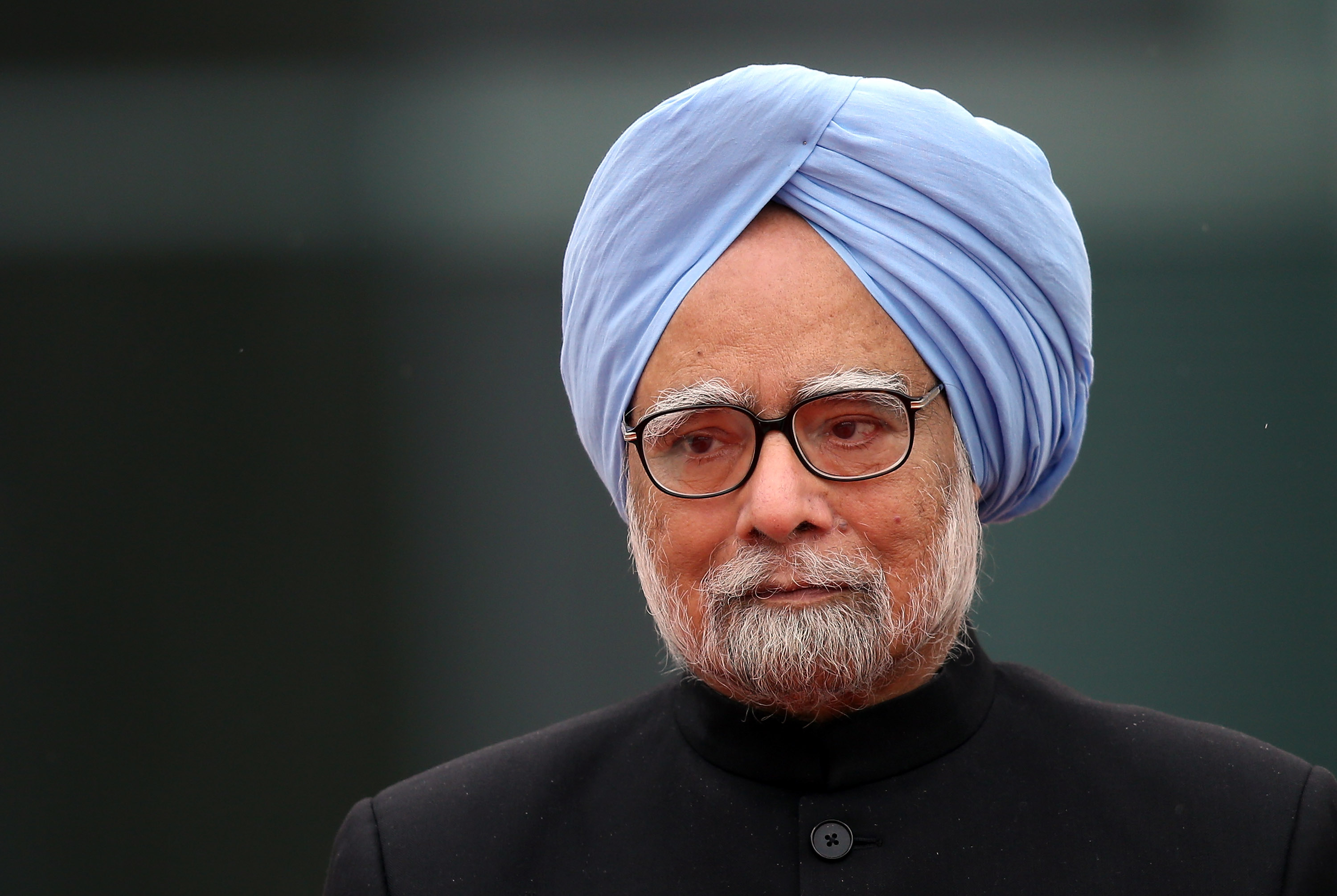Rachel Dolezal, the former NAACP chapter leader who sparked debates about racial identity after her parents said she was pretending to be black, admitted Wednesday that she has indulged in "some level of creative nonfiction" in how she's described her life but still identifies as black.
"I definitely am not white. Nothing about being white describes who I am," she told Savannah Guthrie on NBC's "Today" show, a day after she first said in a series of NBC interviews that she identifies as black. "I'm more black than I am white. That's the accurate answer from my truth."
She admitted, however, to having fabricated certain past claims about her identity and her life — including claims of having been born in a tipi and of having been abused in South Africa.
"I feel like there have been moments of some level of creative nonfiction, where I have had to justify or explain the timeline of the events of my life so that they make sense to others," she told Guthrie.
Asked about possible parallels between her identity as black, despite having white biological parents, and the experiences of transgender people, Dolezal said the possible link hadn't occurred to her. But she did say that she had been moved by what Caitlyn Jenner had said about her feelings prior to transition.
"I cried. Because I resonated with some of the themes of isolation, of being misunderstood — to not know if you have a conversation with somebody, will that relationship then end because they have seen you as one way," she told Guthrie.
Dolezal's parents say their estranged daughter is still lying about her racial identity. Her mother, Ruthanne Dolezal, directly disputed her daughter's claim on the "Today" show Tuesday that as a child she drew self-portraits with a brown crayon instead of a peach crayon, NBC News reported.
U.S. & World
"That didn't happen," Ruthanne said. "It's disappointing to see that Rachel is still making false statements... I was hoping to see a change."
Dolezal, who has a light brown complexion and dark curly hair, graduated from historically black Howard University in Washington, D.C., and was married to a black man. For years, she publicly described herself as black or partly black.
The uproar began last week after Dolezal's parents said their daughter is white with a trace of Native American heritage. They produced photos of her as a girl with fair skin and straight blond hair.
Dolezal, who lives in Coeur d'Alene, Idaho, resigned Monday as president of the Spokane branch of the NAACP, saw her biography removed from the website of Eastern Washington University, where she was as a part-time African studies instructor, and was fired as a freelance newspaper columnist. She also is being investigated by the city Ethics Commission over whether she lied about her race on her application when she landed an appointment to Spokane's police oversight board.
The Spokesman-Review also reported Tuesday that Dolezal had presented herself as the daughter of a black Oakland, California, police officer when seeking appointment to the police oversight commission last year. Her actual father is white.
Blaine Stum, head of the Spokane Human Rights Commission, said Dolezal's "lies have done damage to the people who trusted her." Stum said, however, that he thought the furor over Dolezal wouldn't hurt attempts at racial justice, adding activists needed to focus on their work and "move on.”
Several NAACP members said Dolezal, 37, is welcome to remain in the organization, where her work has been praised.
Former Spokane NAACP President James Wilburn disputed the contention that Dolezal had greatly improved the Spokane branch of the NAACP during her six months as president. "It's a poke in the eye of other leaders who had been working in the trenches and doing things," Wilburn said.
But for some, the hard feelings over Dolezal's actions linger.
Katari Johnson, an NAACP member who started a petition demanding that Dolezal resign, said the group had been damaged by Dolezal's actions. "The NAACP has some work to do," Johnson said.
Many people in the group came to question Dolezal's motives for running for president last fall, Johnson said. "Was it about the movement or about Rachel?" Johnson said.
Angela Jones, also an NAACP member, said Dolezal going into the black community and describing herself as African-American was "the ultimate betrayal."
"She has to heal," Jones said. "I have to heal."



